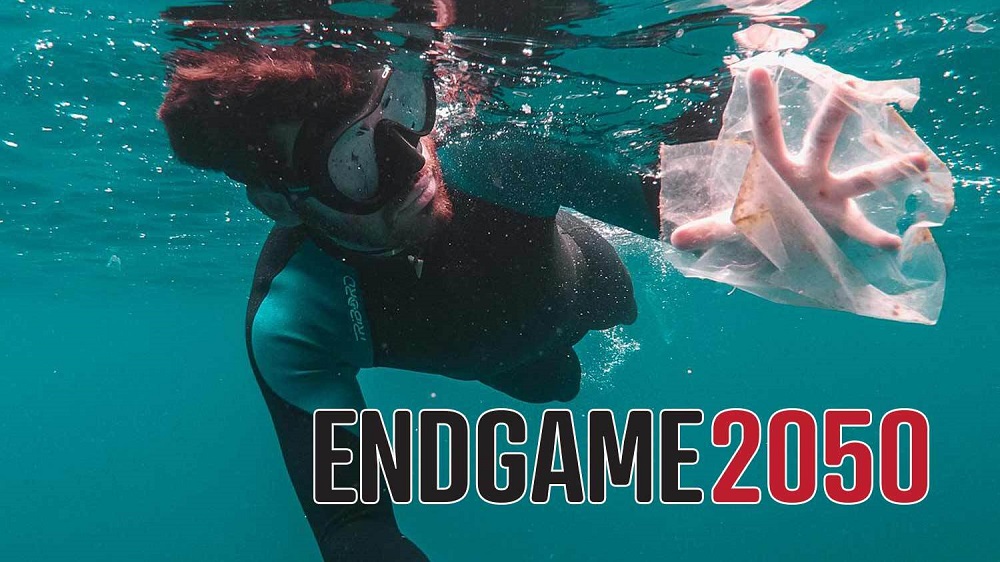Over the past few years, a number of environmental documentaries have made us stop and think about our impact on the planet. From “Blue Planet 2,” and its portrayal of the plastic pollution crisis, to “Cowspiracy” and its warning about the meat industry, these documentaries have made us take a hard look at the world around us and how our actions impact it. But what about a glimpse into the future? The new documentary “Endgame 2050” imagines how the world will look in three decades time if humans don’t change their behavior.
The aim of “Endgame 2050” is this: without a healthy, happy Earth, there is no healthy, happy human race. It’s an urgent call to action, to change the way we behave and consume.
Filmmaker Sofia Pineda Ochoa, MD directed the film—which features animal rights activist and musician Moby—in a bid to wake viewers up to the real state of our environment.
It covers the sixth mass extinction—the only mass extinction in history caused by humans, rather than nature. It’s the result of habitat and biodiversity loss, population growth and overconsumption, greenhouse gas emissions, deforestation, overfishing, plastic pollution, and ocean acidification, among other environmental issues.
The new film—now available to watch on YouTube, Amazon Prime, Tubi, and its own website—also takes a fictional license looking three decades into the future. It looks at how ordinary people are coping with major man-made disasters. These include methane gas explosions, food and water shortages, climate change, fishless oceans, and civil unrest. Spoiler: the human race is not doing so well.
What Does the Future Look Like?
In this depiction of our possible future, mental health problems caused by the ongoing climate crisis are on the rise. Suicide attempts are frequent. Some are in complete denial. One militant group takes hostages over the United Nations’ “lies” that there are no fish in the oceans.
But, as the scene points out, we already know in 2020 that fishless oceans could be in our not-too-distant future. In fact, a number of ocean scientists knew this a decade ago. The United Nations revealed in 2010 that unless fish stocks are allowed to recover and fishing fleets are reduced, there will be no fish left.
Pavan Sukhdev, head of the UN Environment Program’s green economy initiative, said 10 years ago: “if the various estimates we have received come true, then we are in the situation where 40 years down the line we, effectively, are out of fish.” This is not a line from the fictional scene in “Endgame 2050,” this is real life.
‘We Owe It to the Planet’
It’s not only the fishing industry that needs to change. In 2018, climate scientists warned that we need to reduce meat consumption by 50 percent by 2050. With no action from the livestock industry, greenhouse gas emissions in this sector could increase by 58 percent. Reducing animal agriculture is one of the key messages of “Endgame 2050.”
Pineda Ochoa said in a statement sent to LIVEKINDLY: “I think many environmental films sugarcoat our reality and the extent of changes needed. They sometimes don’t want to make people too uncomfortable. But I think that does a grave disservice to the audience and the planet.”
The remainder of the documentary is dedicated to experts, scientists, and Moby, who talk us through the reality of the environmental crises. It does not mince words. Warnings are given. We can turn this around, but it’s going to take the global community. It’s going to take those who are able to, to change what’s on their plate, how they travel, and the products they buy.
Pineda Ochoa added: “I wanted this film to clearly lay out the dire situation in which we now find ourselves, and the responsibility for these global problems that we all bear. I think we owe it to the planet, other species, and ourselves to not bury our heads in the sand.”
Find out more about Endgame 2050 here.
This is a sponsored post.


